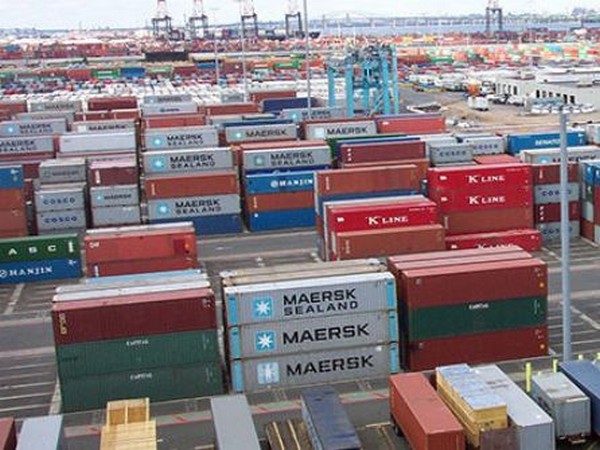DBSA advocates for Public-Private Partnerships to boost AfCFTA transport and logistics
Bacela noted that this corridor is expected to enhance regional commercial competitiveness and stimulate local economies by fostering small businesses along the transport routes.

- Country:
- South Africa
According to the Development Bank of Southern Africa (DBSA), effective public-private partnerships (PPPs) are crucial for capitalizing on the economic opportunities presented by the African Continental Free Trade Area (AfCFTA) in the transport and logistics sector, enabling more efficient goods movement across Africa.
Bongo Bacela, Senior Deal Originator at DBSA, emphasized the importance of collaboration between the private sector and governments during a webinar hosted by the Department of Trade, Industry and Competition (the dtic) on Thursday. He highlighted the Lobito Railway Corridor as a successful example of such partnerships. This project, which is a brownfield initiative identified by the private sector, involves constructing roughly 350 miles of rail and numerous feeder roads in Zambia. These developments aim to connect the southern part of the Democratic Republic of the Congo (DRC) and northwestern Zambia to global markets through Angola’s Port of Lobito.
Bacela noted that this corridor is expected to enhance regional commercial competitiveness and stimulate local economies by fostering small businesses along the transport routes. He explained that Zambia entered a concession agreement with a private entity to efficiently manage the rail line previously struggling under state management.
"The enhanced traffic and efficient management are anticipated to unlock significant economic opportunities, increase tax revenues for DRC and Angola, create jobs, and facilitate the global distribution of minerals transported via this corridor," said Bacela.
The DBSA is financing the Lobito Railway Corridor project in collaboration with an American Development Finance Institution, committing up to $200 billion. This investment reflects the corridor’s strategic importance due to the valuable minerals, including lithium and rare earth elements, sourced from the DRC and Zambian mines, destined for major markets like China and the USA.
Bacela outlined several challenges in the region’s transport and logistics sector, including regulatory hurdles, skills shortages, funding gaps, and currency mismatches. He stressed the interdependence of government and private sectors, noting that governmental licensing and permitting are essential for private sector operations.
The DBSA continues to champion economic growth and regional integration through funding sustainable development projects in sectors like transport and logistics, ICT, water and sanitation, energy, and social housing, underpinning its commitment to Africa’s broader developmental goals.










